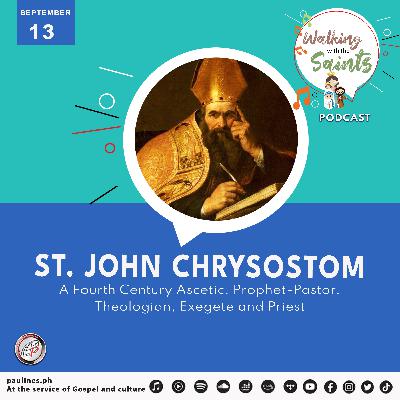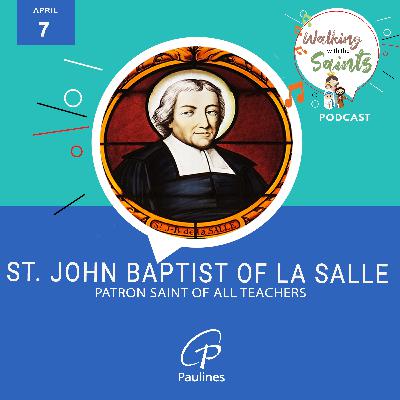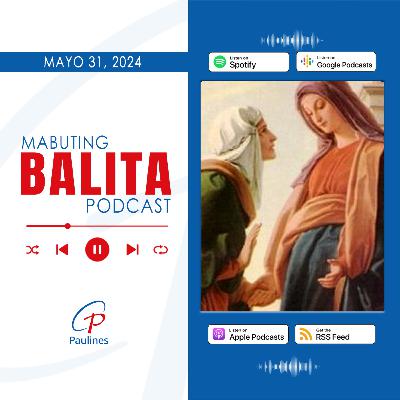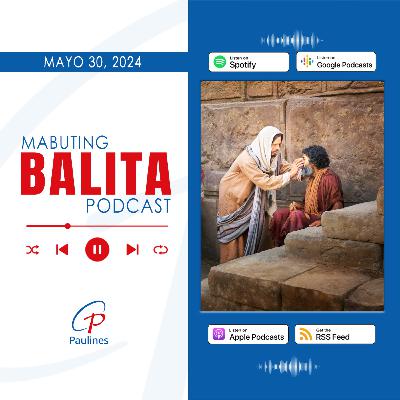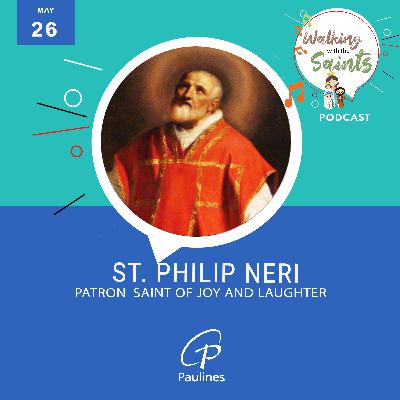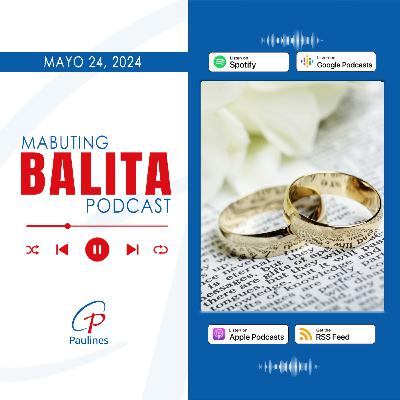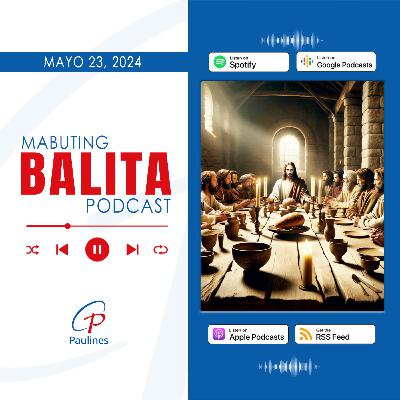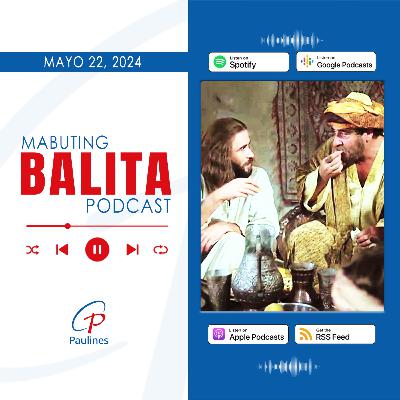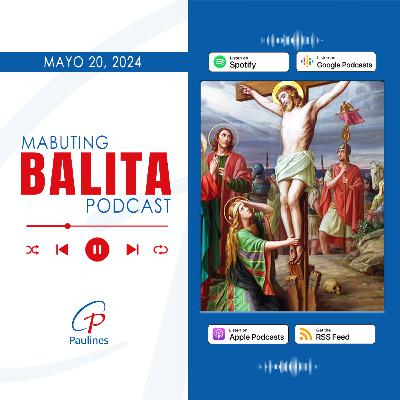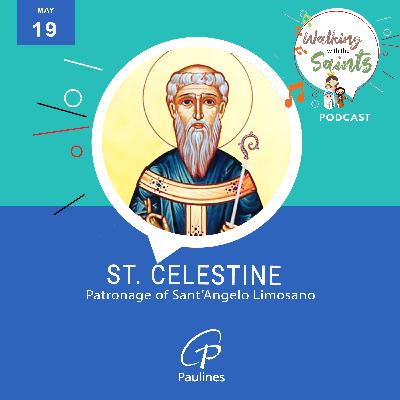Walking with the Saints Podcast | Feast of St. John Chrysostom, A Fourth Century Ascetic, Prophet-Pastor, Theologian, Exegete and Priest | September 13
Description
Walking with the Saints Podcast | Feast of St. John Chrysostom, A Fourth Century Ascetic, Prophet-Pastor, Theologian, Exegete and
Priest | September 13
Today's saint is a fourth century ascetic, prophet-pastor, theologian, exegete and priest, born in Antioch, Syria in the year 344. His exemplary
virtues are piety, courage, patience, humility and fortitude. His father, a
high-ranking military officer, died when he was a boy and his widowed mother, a model of virtue, raised him up as a good Christian. He studied law and other courses with pagan rhetorics, but soon abandoned his agnostic studies to study theology. He went to a secluded place, started to live like a hermit with little food, rest and sleep. His severe mortification caused his kidneys to be damaged and he got very ill. He went back to Antioch and became an ordained Deacon. In 386, he was ordained a priest. As a priest, St. John was a good preacher and his sermons were well accepted. His moral teachings were appreciated and followed. He was not only concerned of the spiritual wellbeing of his people but even of their material welfare. He had many sermons on the abuse of wealth /and exhorted the people to share what they have with the needy. His forceful words were accompanied by humor which evoked laughter from his audience. After 12 years as a priest, he was called to Constantinople to become its archbishop. He was against the idea, but, much against his will, he was literally escorted by soldiers to bring him to Constantinople.
As pastor, St. John continued preaching about the Scriptures and good moral conduct. His teachings on the abuse of wealth and power angered some powerful and influential people. Headed by Eudoxia, wife of Emperor Arcadius, and an unscrupulous bishop of Alexandria, they invented many frivolous and false charges against him. They convened a pseudo-synod to convict him. Since he refused to appear before the synod, the Emperor exiled him to Caucasus, Armenia and was kept in confinement. He appealed to Pope Innocent I, who tried to help him but his enemies were more powerful than the pope. While in exile, St. John continued to write his sermons and correspondence with his followers.
Not contented with what they did, his enemies vanished him again to a more remote place: an eastern part of the Black Sea, but on his journey on September 14, 407, he died. Soon after his death, he was immediately regarded as a saint. Thirty-one years later, his relics were brought to Constantinople and were solemnly received by the archbishop and the Emperor. St. John was known for defending the truth of the Incarnation of Christ, and the doctrine of the Trinity. He attacked Arianism, a heresy which says that Jesus is not equal with the Father. He wrote exegetical homilies from the Old and New Testaments, liturgy, and about morality. St. John was surnamed "Chrysostom" which means "Golden Mouthed” because of his exemplary sermons.
Prayer: St. John Chrysostom, pray for us that we may not crave for the satisfaction of the flesh for the wealth of this earth and the desire for position and power.
Reflection: "Nothing can ruin our virtue or destroy our soul that is not self-inflicted”

